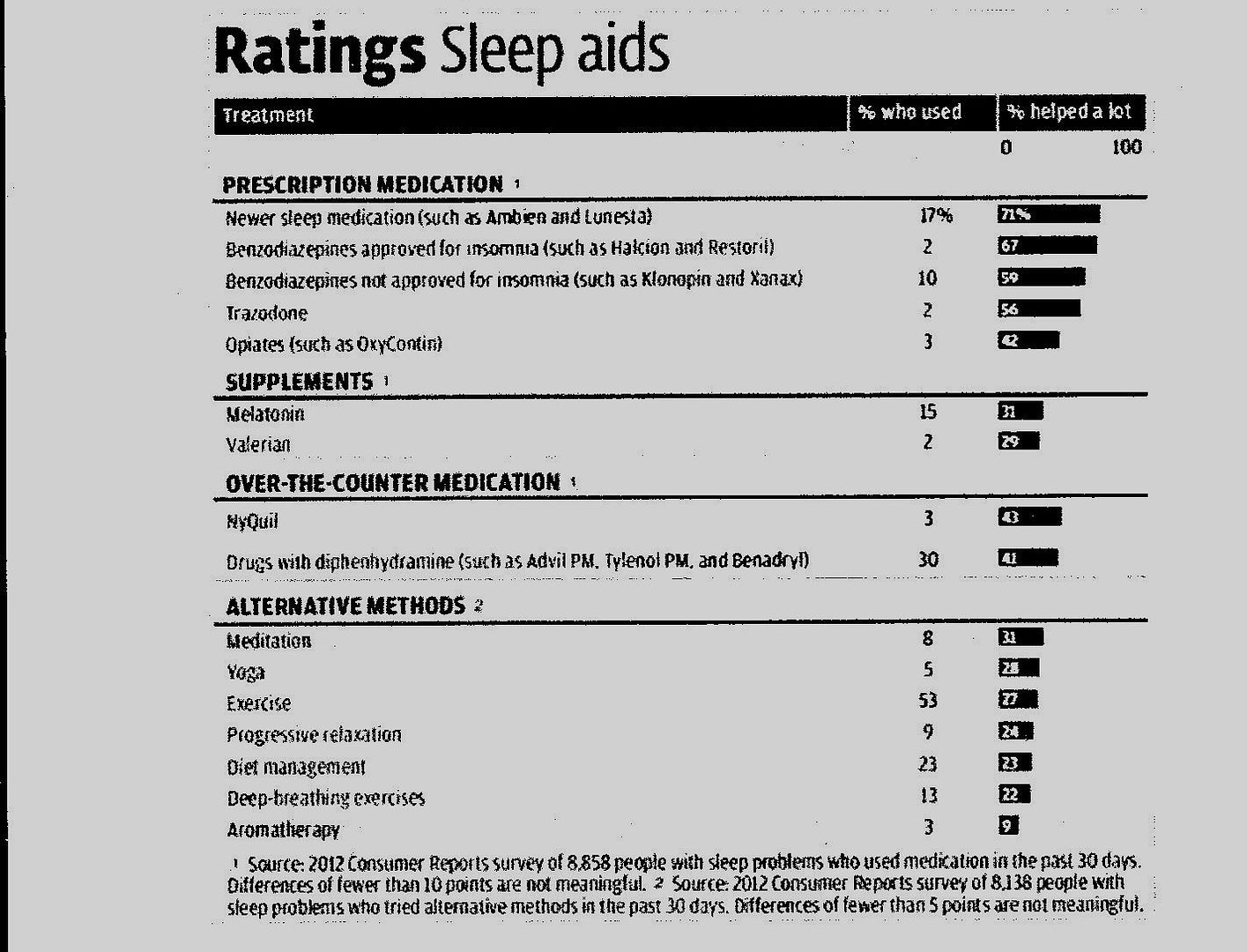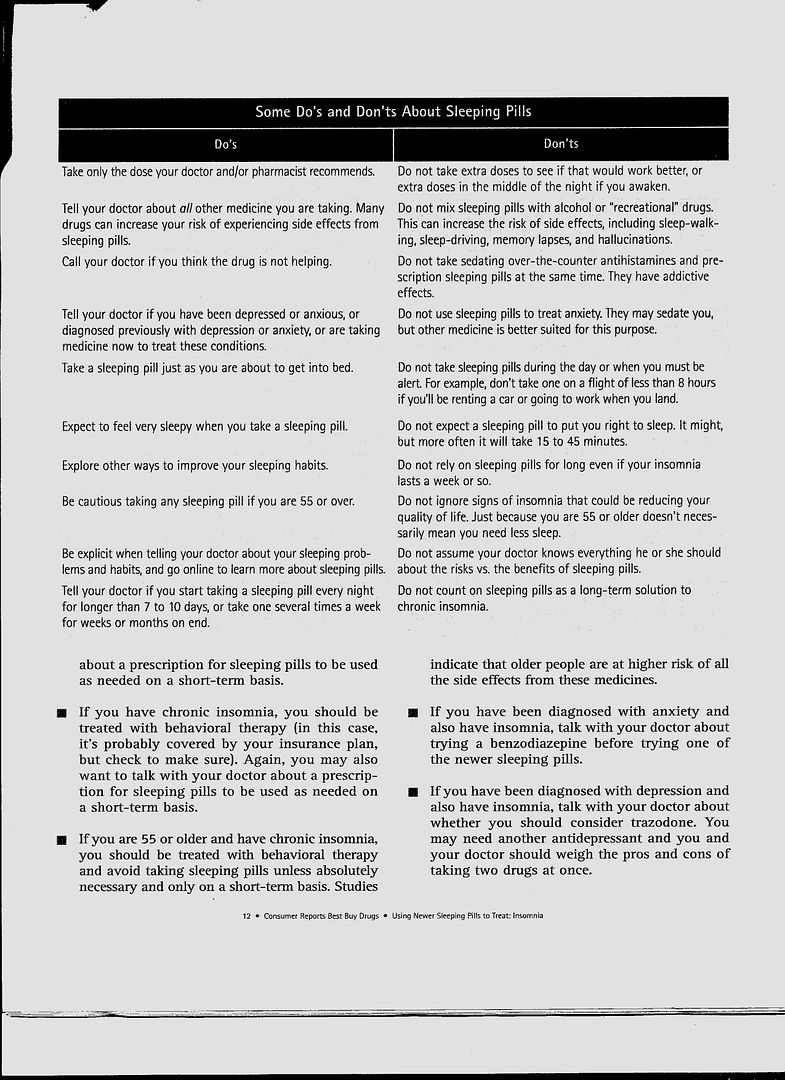I've notice on occasion (can't say it for fact) but the more tired I am, the more my sleep apnea acts up, sometimes even waking me before I completely fall asleep (that's probably while I have sleep anxiety, because for years before I was diagnosed with sleep apnea, I used to stop breathing as I was falling asleep and wake back up)Pugsy wrote: The middle segment....it's obviously much more exciting than the first or last sleep segment. So something changed during that middle segment time frame and my first suspect would be supine sleeping became involved.
I'm definitely remembering more of my dreams now, but I've woken several times at night for as long as I can remember. Most of the time they don't seem to be triggered by any event (though I suppose it could wake me up and I just kind of poss and turn till coming completely awake?)Pugsy wrote: If you normally see the first wake period about 90 minutes or so after sleep onset then you may be waking up during REM stage sleep for some reason.
I think that this is where Robysue could some in and discuss the insomnia issues. She does that so much better than me.
[/quote]
Robysye?!
Lousy, tired all the time, when I go on long car rides (I try to avoid driving as much as possible) it becomes very hard to keep myself awake (but for some unknown reason I do everything in my power to keep myself from falling asleep in a moving car. Or airplain.). Mentally my short term memory is horrible (I lost it in a car accident when I was 16, but with work it got much better, though now with as sleepy as I am, it's either acting up, or I'm just not paying attention.) And basically, I can't think about anything complex (which is basically what I've done all my life, I like complex things), now the most complex I'll get is a game on facebook.Pugsy wrote: How are you feeling in general?
lowsy.Pugsy wrote: How would you rate your sleep quality as it is now?
I think very few, because when I awake, my mouth is usually dry (ding ding ding! mouth breathing!) so I take a sip then try to go back to sleep.Pugsy wrote: How many times do you wake during the night and not turn the machine off?
Thank you, weight loss isn't really as hard as 'they' try to make it out to be, but this isn't the proper area to discuss that. (60+ pounds though )Pugsy wrote:
Congratulations on your weight loss. If just looking at the first and last segments...you perhaps don't need that 8 cm minimum...maybe could go a bit lower but the middle segment is a bit worrisome as we don't know what caused that change.
dropped the minimum to 4, and it didn't go above 8, and mostly stayed around 8, now that was only a night oh, but, I set the minimum to 8 figuring if 8 is taking care of things, we'll leave it at that but then it climbed a little more when low was at 8.
(According to the chart, last night I stopped breathing from 47:30 to 50:00. is that possible?! Though the pressure only went up to 9, even though the max was set at 20, and there are lots of pressure pulses)

should I assume this means I was actually mouth breathing?
[/quote]Pugsy wrote:
don't think it really matters what your maximum is set at because the machine doesn't seem to want to go any further than it does unless you are experiencing aerophagia issues.
Have you tried cpap mode or apap mode with tight range to see if that helps you sleep a bit better with less wake ups?
Some people are super sensitive to the least little pressure change and when that happens cpap mode or apap mode with a tight 1 cm range might work better.
Yeah, I've been wearing one of these things for 10+ years, so I was on CPAP for quite some time. I actually started when the machines didn't record anything, they just blew out a certain pressure, and that's what you went with. Then, after I started wearing one, thr things just took off and they're everywhere now!














